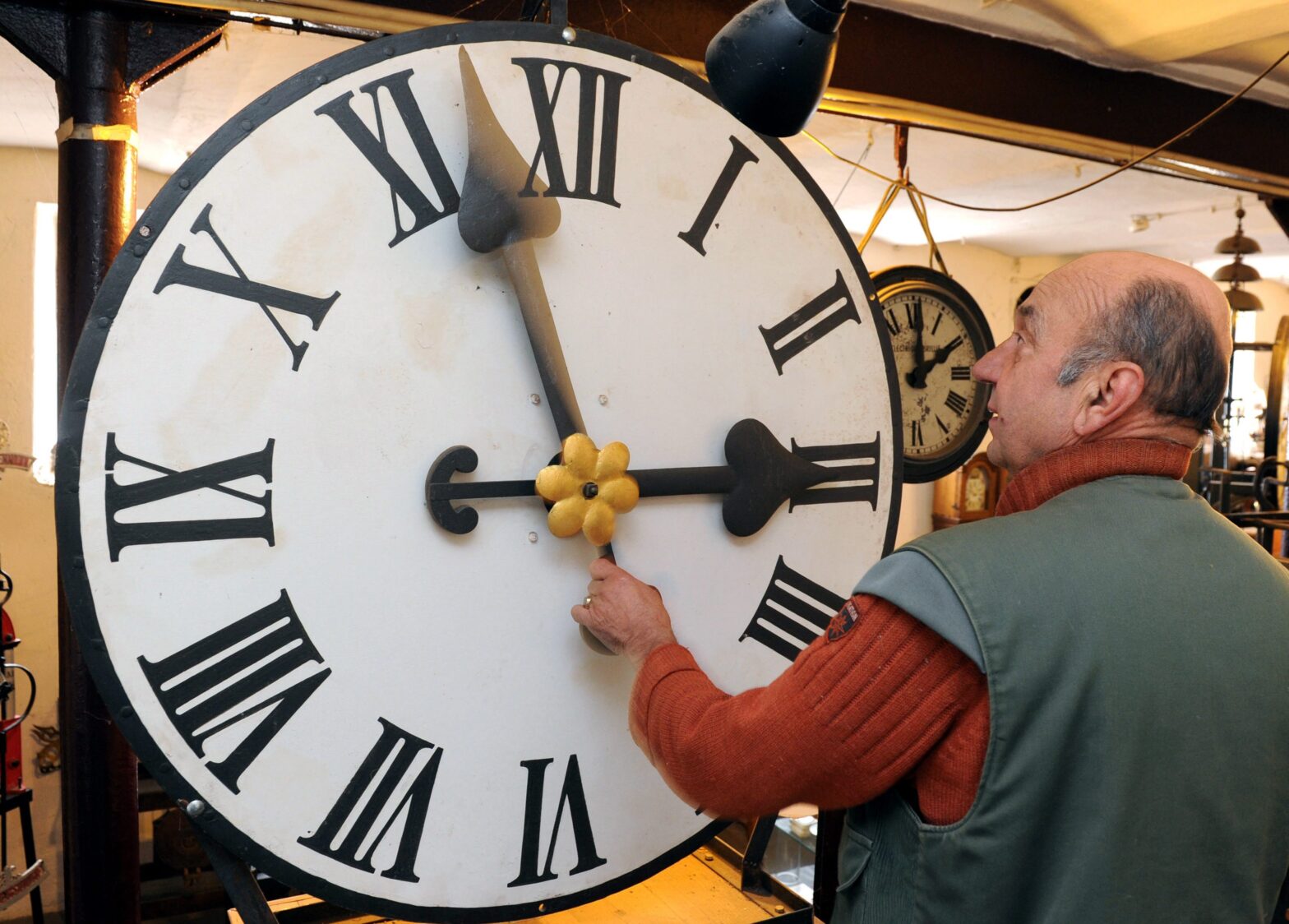Citizens of Republic of Croatia were electing for the third time their president on the elections held on 24 January 2000, on about 7000 pooling stations in and outside Croatia. The whole of Croatia was one electoral unit. Nine candidates were running for the president of which three were independent and six party candidates. Citizens were electing on 7 February 2000, in the second round of the Presidential Elections their president on around 7000 polling stations in Croatia and abroad. In the second round two candidates who won the majority of votes in the first round fought for the presidency: Stipe Mesić(HNS) and Dražen Budiša(HSLS-SDP).
Citizens of Republic of Croatia were electing for the third time their president on the elections held on24 January 2000, on about 7000 pooling stations in and outside Croatia. The whole of Croatia was one electoral unit. Nine candidates were running for the president of which three were independent and six party candidates. About 3,8 million of voters were registered in voters lists in Republic of Croatia, and 350 000 voters were registered in voters lists outside Croatia. Almost 400 international monitors and about 5000 NGO monitors, most of them from GONG, monitored elections.
Citizens of Republic of Croatia were electing on 7 February 2000, in the second round of the Presidential Elections their president on around 7000 polling stations in Croatia and abroad. The whole of Croatia was one electoral unit, and in the second round two candidates who won the majority of votes in the first round fought for the presidency: Stipe Mesić(HNS) and Dražen Budiša(HSLS-SDP). About 400 international and more than 4000 NGO monitors, among which 4000 were registered by GONG, monitored the elections.
GONG’s global overview is that the elections were conducted correctly, and the Election Day passed without any problems. We have to stress that the noted irregularities did not appear as often as in the first round of the Presidential Elections, and had no influence on Election Day.
Majority of the election process’ elements showed a positive step forward in their work in comparison with the first round. Their work ranged from correct to very satisfying. Political campaign was carried out in a tolerant way concerning both persons and programs. Unfortunately, some media deliberately disobeyed the election silence, which can be viewed as unprofessional and against the rules of the election process.
From the Day of Election Calling, through the Obligatory Instructions to Election Day, election procedure was carried out very correctly and the work of electoral commissions was transparent and independent. The Obligatory Instructions explained some parts of the election procedure in a much better way than the Election Law due to some outdated instructions from the Election Law.
The citizens were much better informed on the election procedure, and the majority of polling committees did their work in a very professional and impartial way. Small number of crisis situations, and very tolerant and democratic atmosphere on the Election Day has shown that Croatia made a big step forward in fulfilling its international obligations, as also in approaching closer to the countries of west democracies. General atmosphere and all the elements of the election procedure can be viewed as very positive, with the hope that tolerance, rule of law, freedom of media coverage, and the citizens’ political culture will become an integrative part of all future elections.
————————————————-
Read full report (First round) here (99 KB)
Read full report (Second round) here (94 KB)
